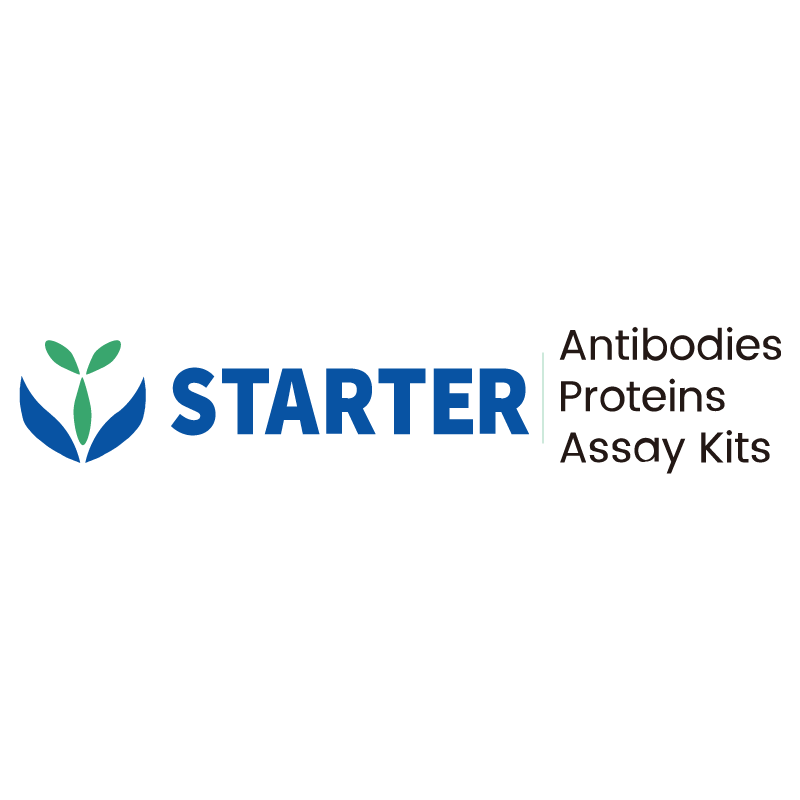Flow cytometric analysis of C57BL/6 mouse splenocytes labelling Mouse CD4 antibody at 1/200 (1 μg) dilution/ (Right panel) compared with a Rat IgG1 Isotype Control / (Left panel). Goat Anti-Rat IgG Alexa Fluor® 488 was used as the secondary antibody. Then cells were stained with CD8α - Alexa Fluor® 647 antibody separately.
Product Details
Product Details
Product Specification
| Host | Rat |
| Antigen | Mouse CD4 |
| Synonyms | T-cell surface glycoprotein CD4; T-cell differentiation antigen L3T4; T-cell surface antigen T4/Leu-3 |
| Immunogen | Recombinant Protein |
| Location | Cell membrane |
| Accession | P06332 |
| Clone Number | S-1259-5 |
| Antibody Type | Rat mAb |
| Isotype | IgG1,k |
| Application | FCM |
| Reactivity | Ms |
| Positive Sample | C57BL/6 mouse splenocytes |
| Concentration | 2 mg/ml |
| Conjugation | Unconjugated |
| Physical Appearance | Liquid |
| Storage Buffer | PBS pH7.4 |
| Stability & Storage | 12 months from date of receipt / reconstitution, 2 to 8 °C as supplied. |
Dilution
| application | dilution | species |
| FCM | 1:200 | Ms |
Background
CD4 is a glycoprotein found on the surface of immune cells, primarily known for its role as a coreceptor on T-helper cells, a subset of T lymphocytes. CD4 is used as a marker to distinguish between different T cell subsets, particularly T-helper cells (CD4+ T cells) and T-regulatory cells (also known as Tregs, which can be CD4+CD25+). CD4 acts as a coreceptor with the T cell receptor (TCR) to recognize antigens presented on the surface of antigen-presenting cells (APCs) by MHC class II molecules. This interaction is crucial for the activation of T-helper cells. CD4+ T cells are central to the regulation of immune responses. They help activate B cells, macrophages, and other immune cells, and they produce cytokines that influence the type of immune response (e.g., TH1, TH2, Tfh, Tregs).
Picture
Picture
FC


